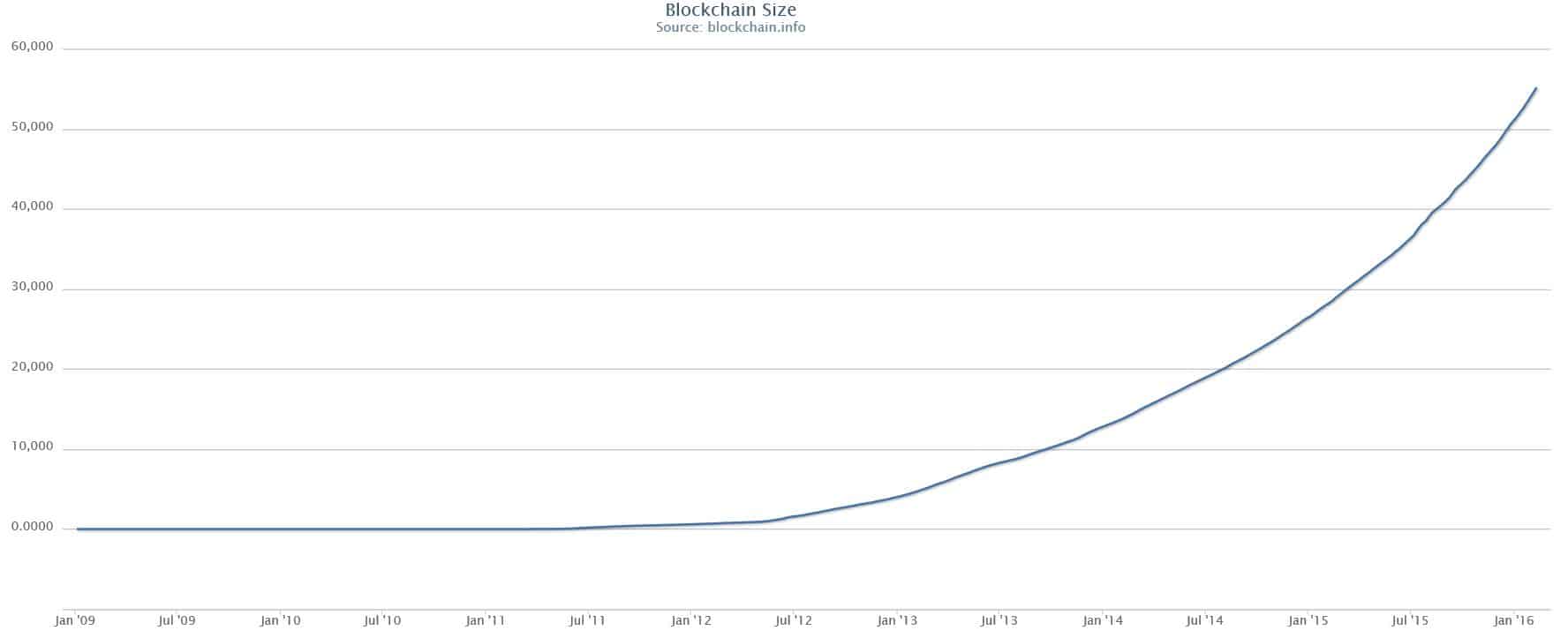What is Blockchain Technology?

We recently read an article from CB Insights about how “blockchain” will disrupt no fewer than 12 different industries and the first question we had was, just what is blockchain? Is it another name for Bitcoin? It’s not, but the two are related. You’ve probably heard mention of Bitcoin before, a controversial virtual currency that’s best discussed in an entirely different article. What makes Bitcoin possible is an underlying technology called blockchain. That’s right, blockchain is a technology with multiple applications across multiple industries. To be even more specific, it’s a technology that consists of a “distributed database” which is just what the name implies, a database distributed across 1000s of computers and locations. This is what we mean by “distributed”:
All of these databases store a copy of the exact same dataset. These identical datasets are a ledger that contains every transaction that has ever taken place in chronological order. It’s impossible to hack each and every database and change all these datasets at the exact same time so we can consider the dataset to be infallible, in other words, it always contains the truth.
So how is this useful? In the world we live in, there are always central authorities that tell us who owns what. Want to sell your car to your neighbor? You’ll need to have the car’s title, a legal document that shows who owns the car. Lost your vehicle title? The Department of Motor Vehicles (DMV) can verify in their database that you are the person who owns the vehicle and give you another title. What about your house? Same thing. A centralized authority holds the record of who owns your house. What about that diploma hanging in your office? If the building burns down, you can go to your alma mater and they’ll check on their database to see that you did in fact graduate and hand you another diploma.
In each of these examples, some centralized authority holds the record of what you are entitled to. In the case of blockchain technology, 1,000s of authorities hold the record of what you are entitled to. In order to change that record, the majority of these authorities need to agree that I am authorized to change the record based on a transaction that takes place between two parties. Suddenly you can see how blockchain technology can be used to provide an infallible record of ownership, an audit trail that always contains every transaction, and a secure system that cannot be hacked.
We can call each one of these database copies a “node”. So how many nodes are there right now for the Bitcoin blockchain implementation? There are 5,787 nodes right at this moment and here’s where they are located:
The current dataset being used by each one of these nodes which contains all bitcoin transactions is around 55 gigs and growing. So what happens as that file continues to grow bigger and bigger? Will this not limit the number of nodes that participate and the speed at which new nodes can come online? That’s certainly something being discussed at the moment. Here’s how fast the size of the Bitcoin blockchain has grown over the past 5 years:
So who owns blockchain technology? The answer is, nobody does. Blockchain technology is simply an open source protocol that you can create an instance of. The Bitcoin instance of blockchain is a 55 gig file containing every bitcoin transaction ever made. Other implementations of blockchain can be created for use in any number of industry applications.
So let’s review what we’ve learned here. Blockchain is a distributed ledger that stores transaction in a chronological order, it’s infallible, it’s open source, and it is most perhaps most importantly secure. Bitcoin is not blockchain, but rather it is the first large scale implementation of blockchain. While blockchain has been touted by some as the coolest thing since the invention of the Internet, it remains to be seen how disruptive blockchain technology will become.
There is one startup that’s looking to be the leading authority in blockchain technology and based on who is backing them, it looks like they’ll be able to own this space.
Sign up to our newsletter to get more of our great research delivered straight to your inbox!
Nanalyze Weekly includes useful insights written by our team of underpaid MBAs, research on new disruptive technology stocks flying under the radar, and summaries of our recent research. Always 100% free.

















